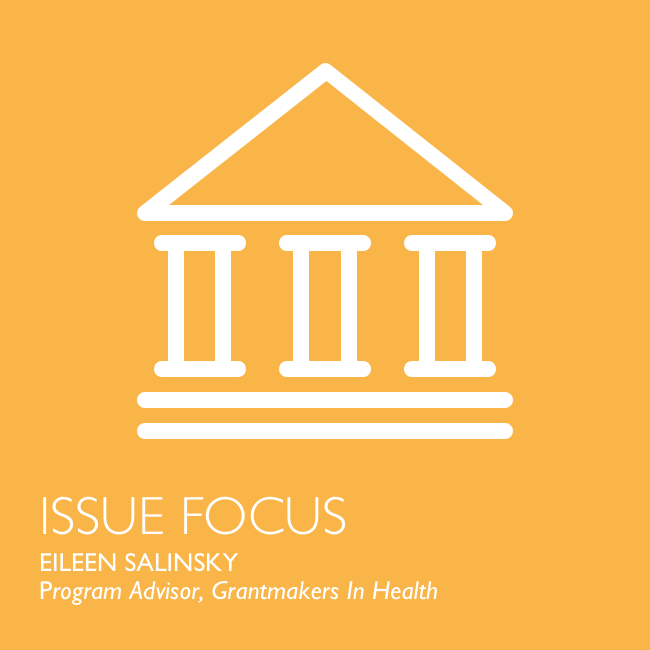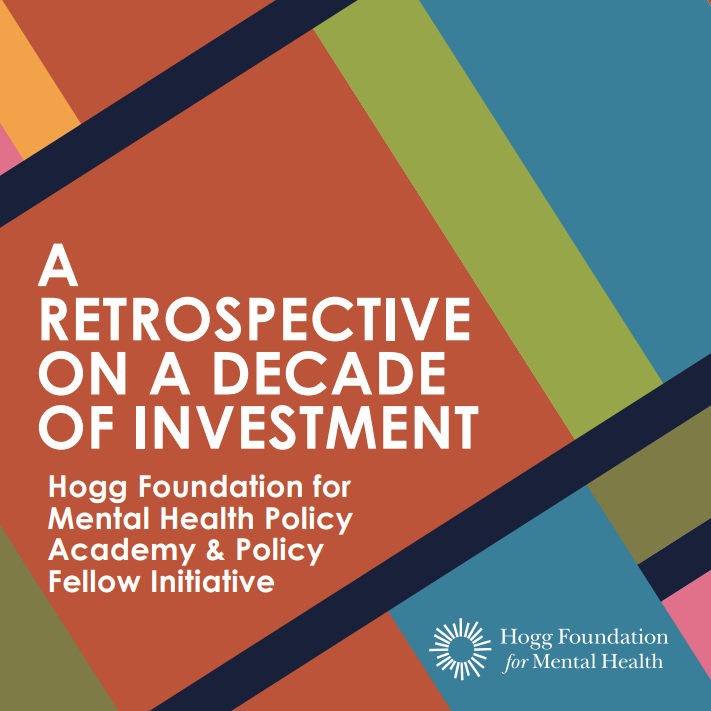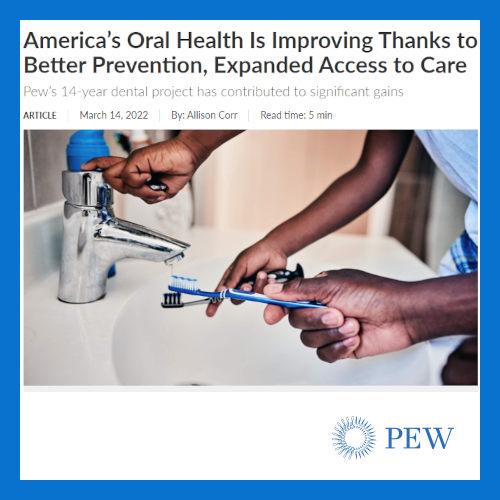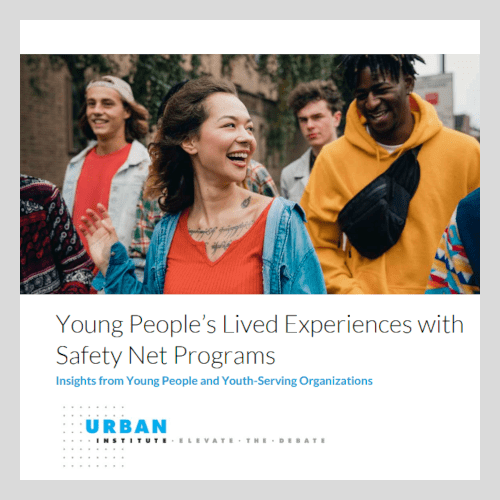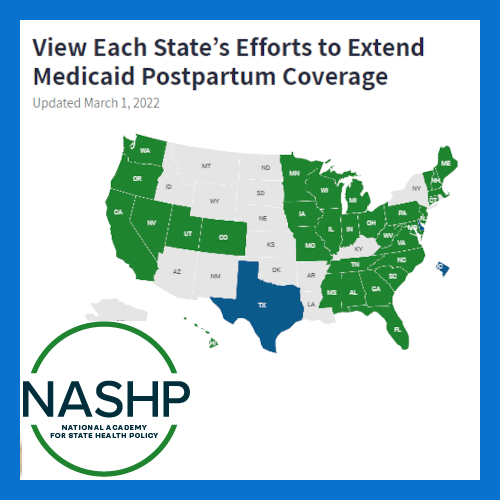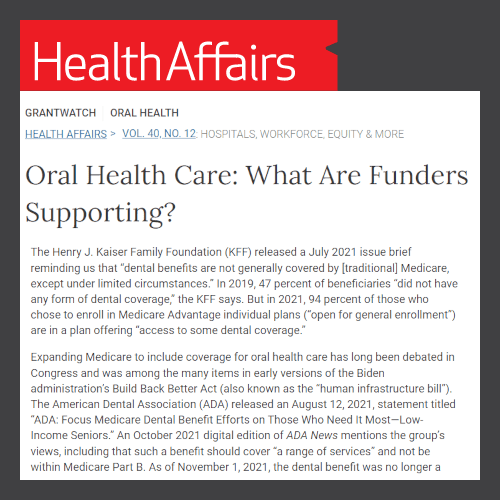On the Precipice: Why Health Funders Should Care about Abortion Access
Reproductive health and justice in the United States are at a crossroads. We are seeing positive developments such as growing (though still inadequate) attention to maternal health and reinstatement of the family planning safety net after years of reductions in access to these services. We invite funders focused on health more broadly to join us in an effort to support the dignity of women and families; protect women’s lives; and mitigate the health, economic, and social harms that can result from being denied an abortion.
Retrospective Report: Mental Health Policy Academy and Policy Fellow Initiative
The Hogg Foundation for Mental Health released a retrospective report of their decade of investment in the Mental Health Policy Academy and Policy Fellow Initiative, which had the goal of bolstering the mental health and substance use policy workforce to make long-term systems change.
America’s Oral Health Is Improving Thanks to Better Prevention, Expanded Access to Care
The Pew Charitable Trusts are wrapping up their long-term dental campaign, which worked to address policy changes that would increase access to dental care.
Evelyn Delgado to Be Honored with the Andy Hyman Award for Advocacy
Evelyn Delgado, President and Executive Director of Healthy Futures of Texas and Chair of the Women’s Healthcare Coalition will receive Grantmaker In Health’s (GIH) 2022 Andy Hyman Award for Advocacy.
Young People and the Safety Net
The Urban Institute has added a new video to a suite of resources focused on safety net services for adolescents and young adults. Young People and the Safety Net reflects findings from research examining key barriers and supports for young people seeking safety net services. Highlights include a fact sheet for organizations that seek to help young people gain safety net supports.
View Each State’s Efforts to Extend Medicaid Postpartum Coverage
The National Academy of State Health Policy has recently updated its tracking of states’ efforts to extend Medicaid postpartum coverage. Extending services for new mothers is a key step toward improving health outcomes and health equity for children and their family members. About 34 states and the District of Columbia have taken steps toward extending at least some coverage beyond current limits.
Oral Health Care: What Are Funders Supporting?
A recent edition of Health Affairs’ “GrantWatch” blog outlined key oral health policy issues and provided an update on recent foundation grants in oral health. Several GIH Funding Partners are featured.


